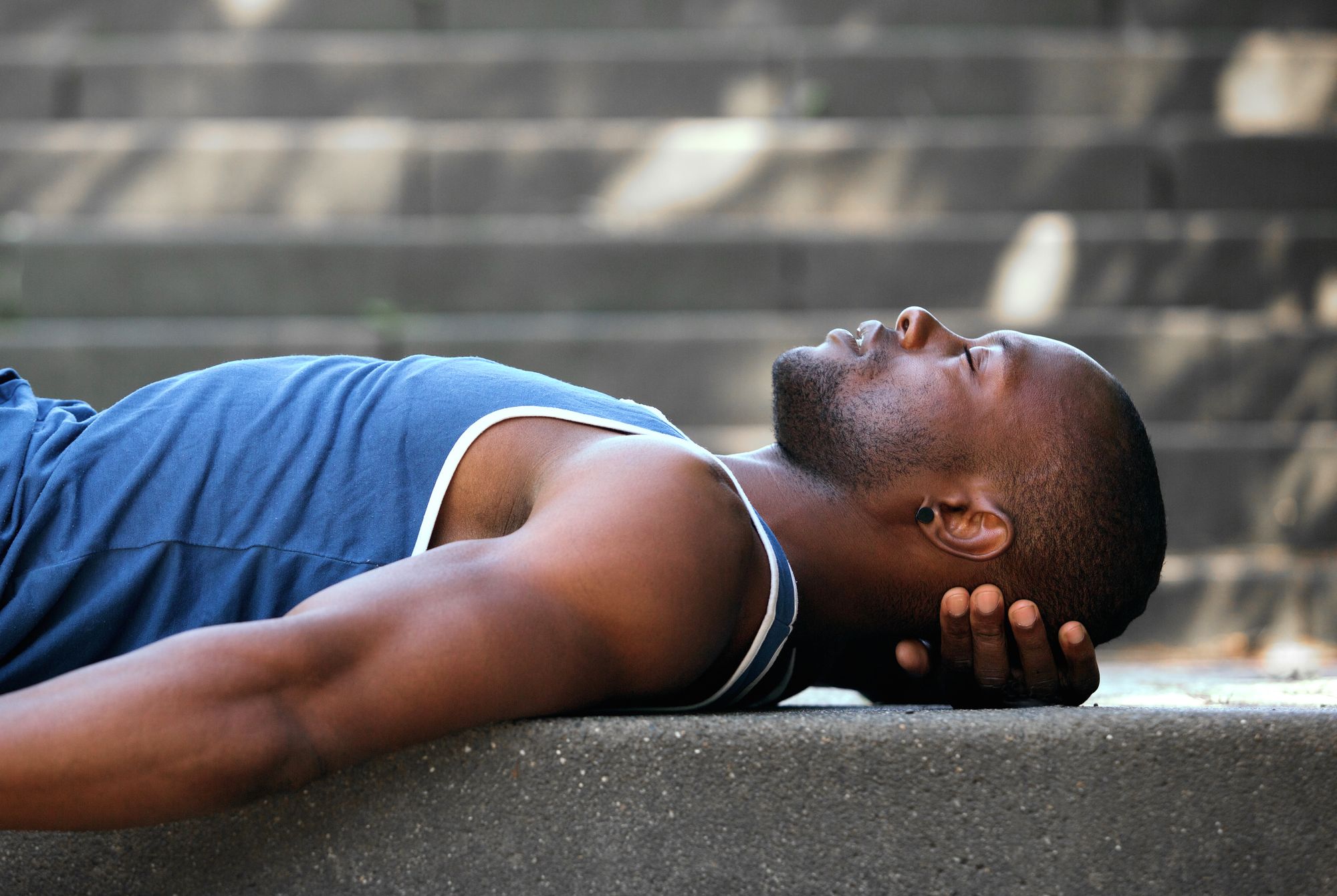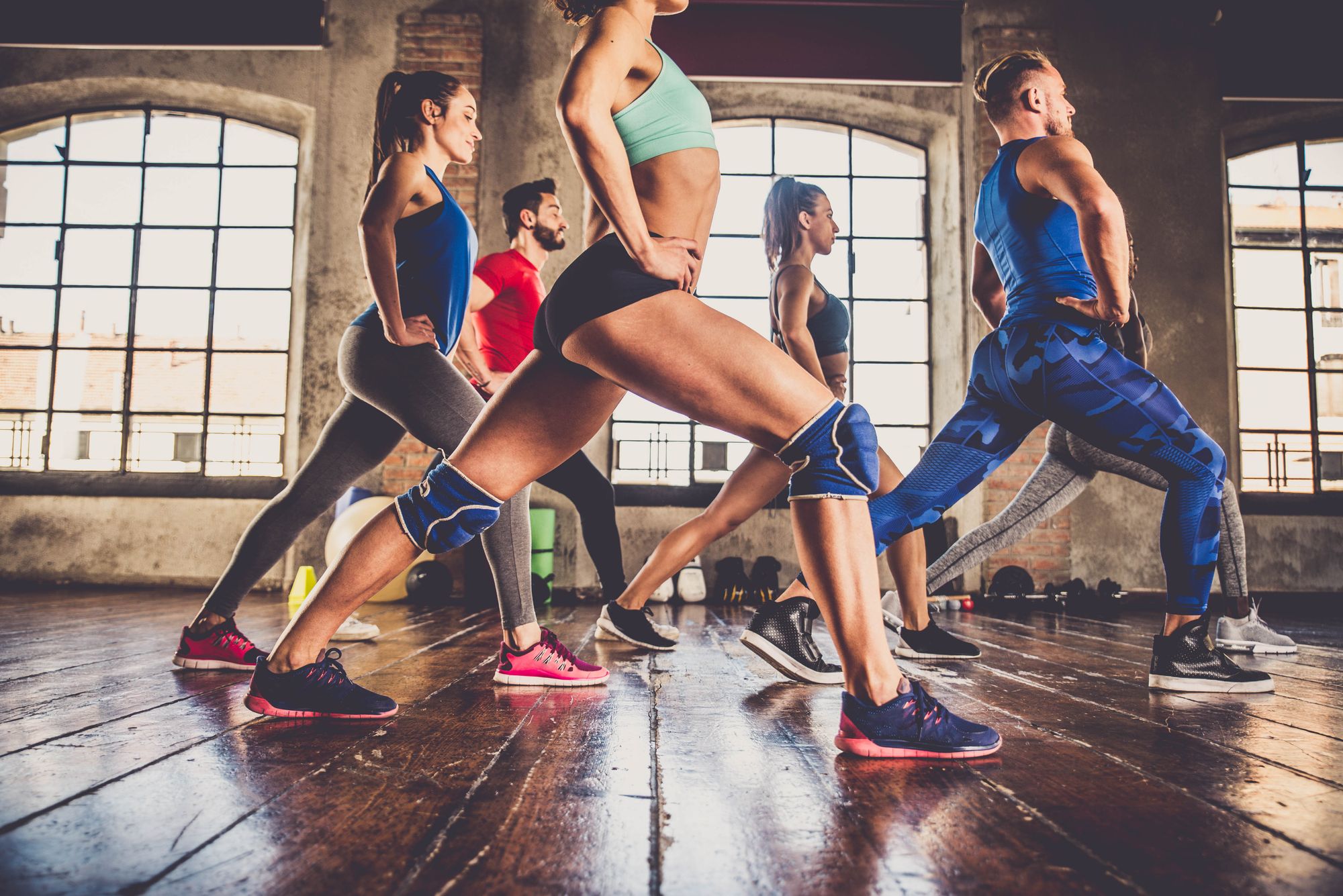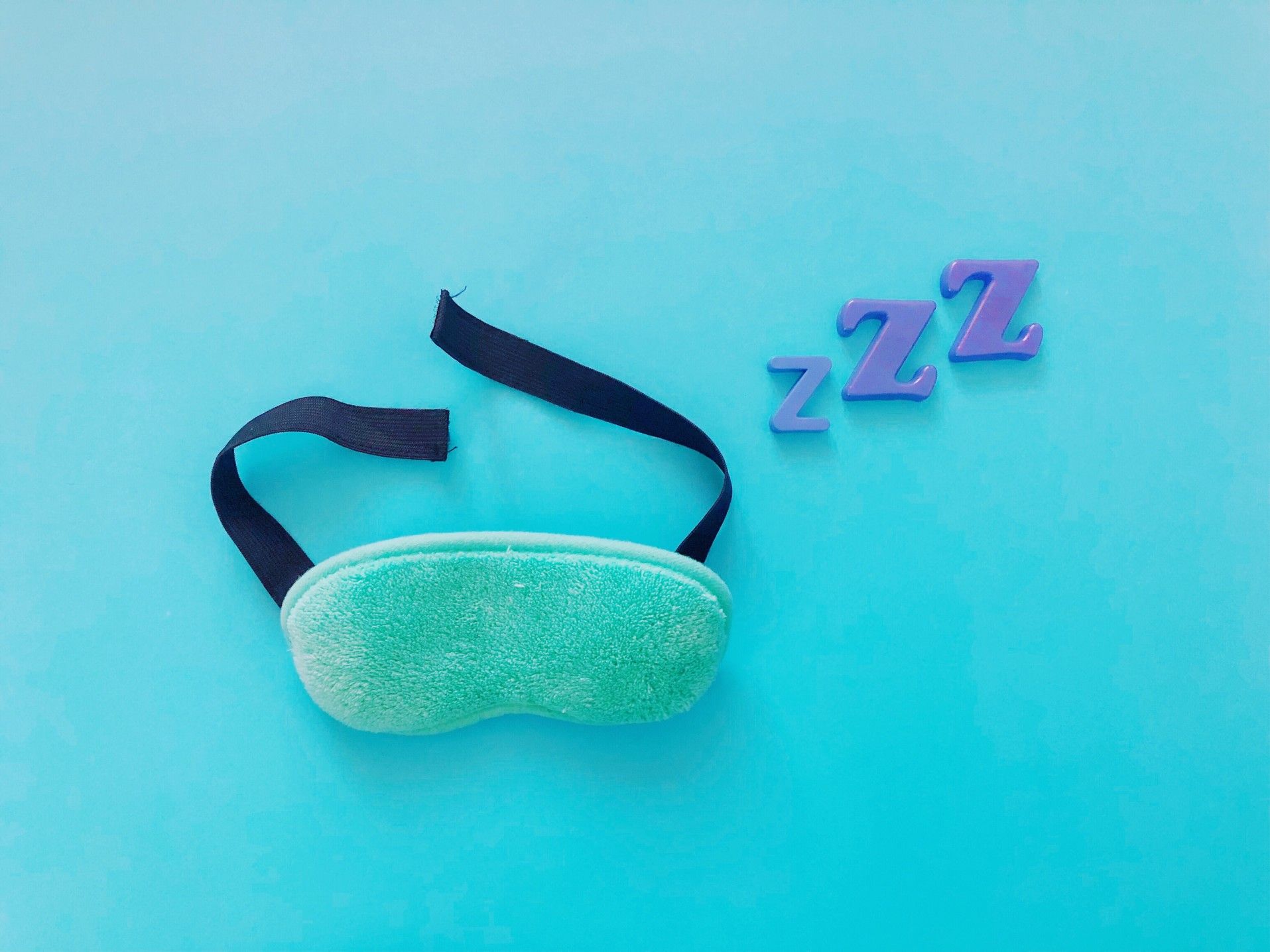What Does a Night of Poor Sleep Do to Your Muscle Gains?
Is there a point in dragging yourself to the gym after pulling an all-nighter? Discover what poor sleep (really) does to your muscle gains here.

Whether you’ve tossed, turned, and counted sheep to no avail all night or burned the candle at both ends to get those deliverables out …
The fact remains that while you’re physically awake (👀), you’re not exactly refreshed, revitalized, and [insert your choice of common marketing words you see in bedding advertisements].
You’re tempted to call in sick and stay in bed all day (always ideal, even if your body refuses to let you sleep).
But just when you're about to go horizontal, this Google Calendar notification pops up:
“GO TO THE GYM — 9.30 am to 10.30 am”
Ahhhh. You've probably heard that poor sleep hurts your muscle gains, anyway.
So, at this point, is there a point in dragging yourself to the gym? (Provided you’re not, like, super exhausted, of course.)
Just how badly does one night of poor sleep impact muscle gains?
Researchers have always known that a night of poor sleep hurts your rate of muscle protein synthesis (lowering it by 18%, to be specific).
But what they didn’t know, however, was how that would interact with training in the gym. Would resistance training after poor sleep:
❓Improve muscle gains?
❓OR have no effect on muscle gains?
This 2020 study published in The Journal of Physiology has answers
Here’s what the researchers did: after recruiting 24 healthy young men, they randomly assigned the participants to three groups:
Group 2: Sleep restriction (SR) — four hours of sleep
Group 3: Sleep restriction and exercise (SR+EX) — four hours of sleep, paired with a HIIT session
What did the researchers find?
Unsurprisingly, they found that participants in group 2 (i.e., those running on four hours of sleep) experienced lower rates of MPS than those in group 1 (i.e., those that enjoyed eight hours of sleep).
But! Here’s the surprising bit.
Those in group 3 (i.e., those performing a HIIT session while running on four hours of sleep) experienced similar MPS rates as those in group 1!
In other words, exercise appeared to stave off poor sleep’s impact on muscle gains!
Chronically sleep-deprived? Then worry about your muscle gains
Before you take this as a “free pass” to head to the gym after a night of poor sleep, though, be honest with yourself: how long has it been since you last slept well?
If you can’t remember, then you may wish to re-evaluate your priorities.
Instead of helping you progress, heading to the gym while being chronically sleep-deprived is only likely to keep you spinning your wheels 🎡 — stuck in the same place for months.
Why?
Look at this 2018 systematic review published in The Journal of Science and Medicine in Sport.
The researchers found that three consecutive nights of bad sleep can reduce your maximal force output.
Since training volume = sets x reps x load lifted … your training volume will likely be bludgeoned. And that, as we now know, spells disaster for your muscle gains.
(For those unaware, there is generally a positive correlation between training volume and muscle gains — up to a point, of course.)
Psst … find out how many sets and reps you should do to maximize muscle gains here:

But wait. What should you do if heading to the gym isn't a good idea?
There are many things you could do, but an excellent place to start would be to evaluate your lifestyle, nightly routine, caffeine intake, and stressors.
Are any of these posing as "roadblocks" to hitting at least seven to nine hours of high-quality sleep nightly?
Still not sure why those 💤 remain elusive? Then check out the following article to get your hands on the secrets to getting a good night’s sleep:

OK, please tell me what to do after a night of poor sleep
Right. So, if you’re chronically sleep-deprived = find out what’s wrong with your sleeping habits, improve that, then go back to the gym.
What about if you're only dealing with ONE night of poor sleep?
As evident in the 2020 study, you don't have to worry that going to the gym will be a waste of your time (it won't be, as resistance training could attenuate poor sleep's impact on your muscle gains).
That said, you may wish to pick an “easier” training day in your training week to follow through.
If I were you, here’s what I’d choose if I were faced with the following choices:
- Lots of barbell compound lifts vs. a bodyweight session
- Deadlifts vs. isolation work
- Slow, steady state cardio vs. HIIT
Bottom line? Take a “holistic” approach to your fitness journey
I won’t lie. The word “holistic” gives me the ick. But no matter how many synonyms I’ve tried to replace it with (trust me, sooo many — comprehensive? Total? Full?), it just didn’t seem right. I'll have to go with it, then.
So, yes, take a holistic approach to your fitness journey.
Optimizing your muscle gains isn’t simply about consistently showing up at the gym. You also need to care about:
🛌 Getting adequate sleep — at least seven to nine hours of sleep nightly
🧘 Recovering well by leveraging regular rest days and effective recovery methods
📓 Programming workouts in a way that makes sense for you
And speaking of programming workouts in a way that makes sense for you …
Usually, that’s something most people struggle with.
So, if hacking together a workout routine that works for you feels like putting together a puzzle with many missing pieces? You’re not alone.
Good news? GymStreak is here to help. We'll take workout programming off your hands so you can focus on the rest. See us in action below:
Get A Workout Routine That Works For You
GymStreak is ready to help. Just download the app, and you're all set.
References
Knowles, O. E., Drinkwater, E. J., Urwin, C. S., Lamon, S., & Aisbett, B. (2018). Inadequate sleep and muscle strength: Implications for resistance training. Journal of Science and Medicine in Sport, 21(9), 959–968. https://doi.org/10.1016/j.jsams.2018.01.012
Lamon, S., Morabito, A., Arentson-Lantz, E., Knowles, O., Vincent, G. E., Condo, D., Alexander, S. E., Garnham, A., Paddon-Jones, D., & Aisbett, B. (2021). The effect of acute sleep deprivation on skeletal muscle protein synthesis and the hormonal environment. Physiological Reports, 9(1), e14660. https://doi.org/10.14814/phy2.14660
Saner, N. J., Lee, M. J.-C., Pitchford, N. W., Kuang, J., Roach, G. D., Garnham, A., Stokes, T., Phillips, S. M., Bishop, D. J., & Bartlett, J. D. (2020). The effect of sleep restriction, with or without high-intensity interval exercise, on myofibrillar protein synthesis in healthy young men. The Journal of Physiology, 598(8), 1523–1536. https://doi.org/10.1113/JP278828


